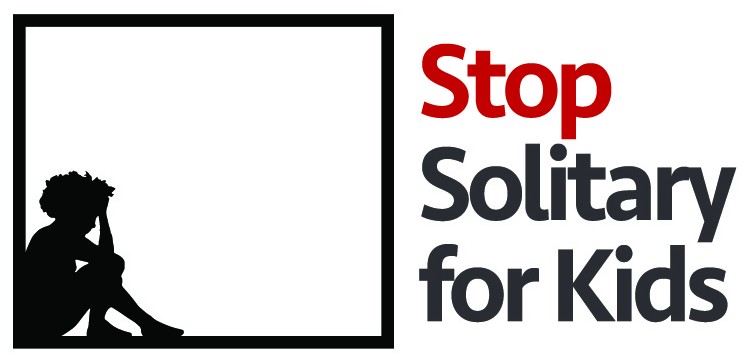Partner with National Experts on Application for Federal Funds. The federal Office of Juvenile Justice and Delinquency Prevention (OJJDP) will fund up to 5 sites to reduce isolation in juvenile justice facilities, regardless of the age of youth who are held. Access the Grant Application: OJJDP FY 2020 Reducing the Use of Isolation in Juvenile Facilities.
- Up to $600,000 per site, with no matching requirement.
- Grant period of 36 months beginning October 1, 2020.
- Applications due by April 27, 2020.
- Eligible entities include states and territories; cities, counties, towns, and units of local government; and federally recognized tribal governments.
OJJDP strongly encourages applicants to identify training and technical assistance (TTA) needs associated with their proposed projects and build required experts directly into their program narrative and their budget.
Stop Solitary for Kids is uniquely positioned to work with sites on this project. is a partnership of national organizations with extensive experience in this area: the Center for Children’s Law and Policy (CCLP); Center for Juvenile Justice Reform at Georgetown University (CJJR); Council of Juvenile Justice Administrators (CJJA, formerly CJCA); and Justice Policy Institute (JPI). Read this fact sheet to learn more about partnering with us as technical assistance providers in your application.
For more information on partnering with the Stop Solitary for Kids partner organizations as technical assistance providers in this grant application, please contact: Jenny Lutz, Stop Solitary for Kids Campaign Manager, at jlutz@cclp.org.
Why partner with Stop Solitary for Kids?
- Strengthen your application with assistance from experienced national experts in drafting portions of the application, including the project design;
- Receive comprehensive technical assistance and training in critical domains, including:
- Conducting assessments to identify specific strategies to reduce isolation through data analysis, policy review, and staff feedback;
- Revising and implementing policies related to isolation, behavior management, programming, and use of force;
- Developing project design strategies consistent with best practices and current research;
- Refining and operationalizing behavior management systems to promote positive youth behavior, including individual behavior plan guidelines and robust systems of earned opportunities for positive behavior and responses for negative behavior;
- Collecting, monitoring, and analyzing data on the use of isolation, consistent with federal requirements;
- Planning and managing sustainable institutional culture change, including messaging to staff and structuring staff feedback through working groups and climate surveys;
- Creating training curricula for staff on de-escalation techniques, adolescent development, and how to work with youth with mental illness and complex trauma; and
- Benefit from the partner organizations’ collective expert networks, connections to jurisdictions across the U.S. that have addressed this issue, and extensive body of resources.
